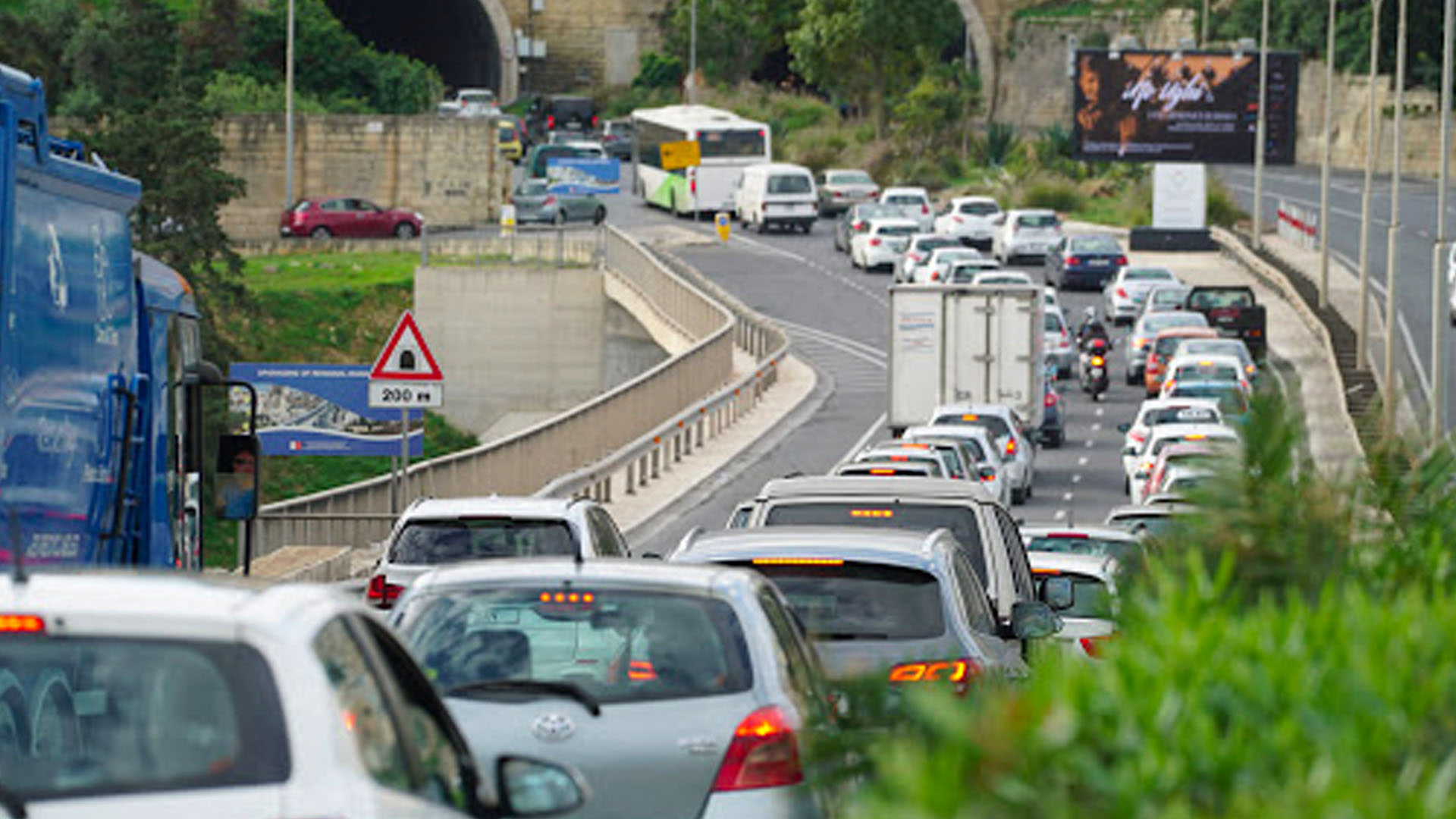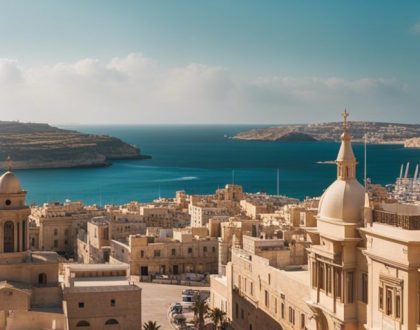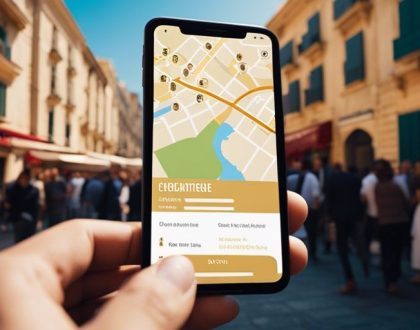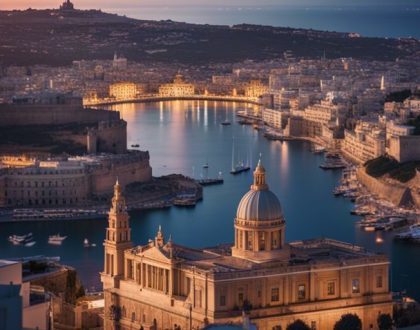Tackling Malta’s Traffic Woes

The bustling island nation of Malta, with its Mediterranean charm and scenic landscapes, has long been grappling with a pressing issue that threatens to overshadow its beauty – traffic congestion. While the problem seems to escalate with each passing month, former Prime Minister Alfred Sant has a bold solution in mind, one that he believes could alleviate the crisis. However, he asserts that the current political landscape might be too treacherous for such a proposal to take root.
Speaking with the conviction of someone who has had a deep insight into the political machinery, Sant points out that the Maltese populace has developed an unwavering fixation on cars. This attachment, he argues, is at the crux of the traffic conundrum that continues to haunt the country year after year. Despite initial hopes pinned on the construction of expansive new highways, the expected relief from traffic congestion never materialized.
“We thought the problem would be resolved with the construction of big new highways. That did not happen,” Sant remarks with a tinge of exasperation. He elaborates further, highlighting the peculiar phenomenon that has emerged from this fixation on cars – an aversion to traveling by foot. The simple act of walking, once a mundane and eco-friendly mode of transport, has become unsatisfactory in the eyes of many Maltese. Even for short errands just around the corner, the convenience of a car trumps the effort of walking, despite the inevitable parking predicaments that ensue.
As this prevailing mentality dictates, the act of venturing out becomes inextricably linked with lamenting the burgeoning traffic. Sant, however, is unequivocal in asserting that there exists only one viable solution to this escalating problem, even though it’s a solution shrouded in political risk. The remedy, he contends, lies in imposing substantial taxes on cars and driving. By making the cost of owning and using a car prohibitively expensive, the hope is that individuals will be compelled to opt for public transportation alternatives.
The essence of this solution is to prompt a shift in public sentiment, where reliance on cars is replaced by a demand for efficient and accessible public transport. However, Sant is quick to acknowledge the inherent challenges in implementing such a drastic measure. He acknowledges that politicians, driven by the preservation of their careers, are unlikely to endorse an initiative that might be perceived as political suicide. The potential outcry over the perceived social injustice of taxing car ownership heavily, especially for low-income earners, poses a significant hurdle.
A glimpse into the statistics of Malta’s vehicular landscape underscores the severity of the situation. In 2022 alone, the number of licensed vehicles on the country’s roads reached a staggering 413,019, with a notable 10% concentration in the smaller island of Gozo. This translates to a higher vehicle count in Gozo than the actual number of residents. The implications of this vehicular saturation are far-reaching, causing disruptions from school exams missed due to traffic-induced delays to incidents of road rage and heightened pollution levels that cast a shadow on the entire nation.
Despite the urgency of the issue, the statistics show no sign of abating. With an average of 58 new cars hitting Malta’s roads every month in 2023, the dependency on private vehicles remains unswayed. This trajectory paints a grim picture of a nation grappling with a problem that appears to be spiraling beyond control.
Frequently Asked Questions
Why is traffic congestion such a prominent issue in Malta?
Malta’s traffic woes stem from a deep-rooted attachment to cars as the primary mode of transportation, even for short distances. This preference has led to an excessive number of vehicles on the roads, causing congestion and related problems.
What was the role of highway construction in mitigating traffic issues?
The construction of new highways was initially anticipated to ease traffic congestion. However, this expectation remained unmet, indicating that the problem goes beyond infrastructure development.
Why does former Prime Minister Alfred Sant propose heavy taxes on cars?
Sant’s proposal aims to discourage car ownership and usage by making them financially burdensome. The goal is to shift public preference toward more efficient and sustainable modes of transportation, such as public transit.
Why might taxing cars be considered politically risky?
Imposing high taxes on cars can be politically risky because it might lead to public backlash, particularly from low-income earners who rely on cars for their mobility. Politicians might be hesitant to support a measure perceived as socially unjust.
How has Malta’s car dependency impacted various aspects of life?
Malta’s excessive car dependency has led to issues ranging from missed school exams due to traffic delays to increased instances of road rage and pollution, affecting the overall quality of life on the islands.
Recommended Posts

Malta’s iGaming Frontier – Best Brands
May 17, 2024

How to Start Your Malta Business Journey
May 17, 2024




